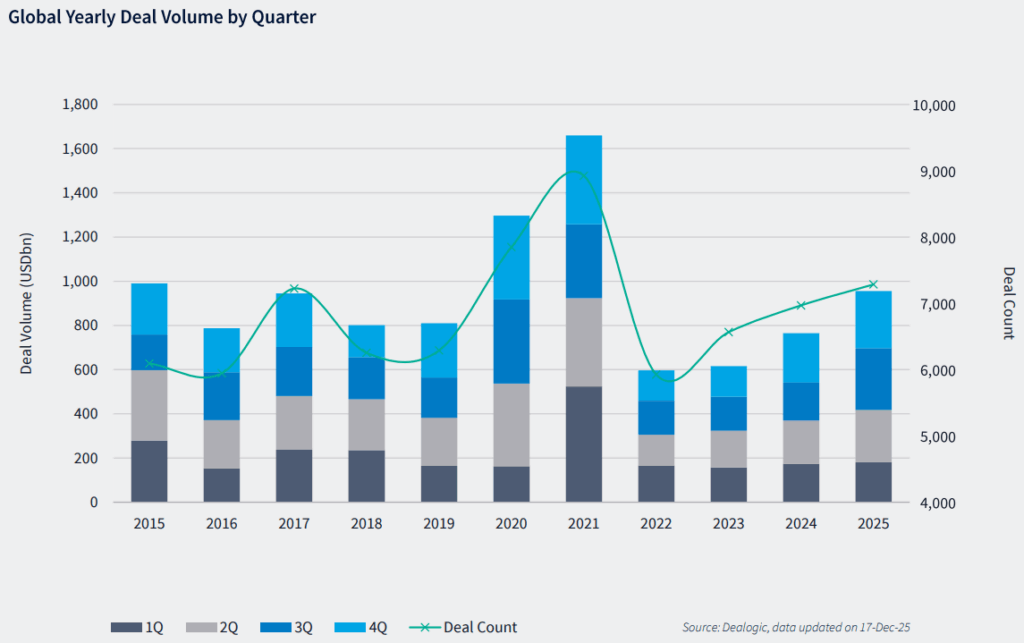Wonder Drug: Biotech IPO candidates eye up market return
Money, money, money; in biotech it certainly is a rich man’s world, and several companies are now looking to lucrative listings on US stock markets to feed their capital-intensive business model.
On November 2, Lexeo Therapeutics [NASDAQ:LXEO], which is developing an Alzheimer’s treatment, conducted a USD 100m initial public offering. On May 4, California biotech Acelyrin [NASDAQ:SLRN] raised USD 540m through an IPO to fund the development of a licensed small therapeutic protein inhibitor of IL-17A which is in late-phase development in three immunological diseases.
The market has already been lifted off the lows of 2022, with year-to-date (YTD) biotech IPO issuance of USD 2.4bn so far on US exchanges. This is a 60% increase on the lows of last year.
While it remains well below the biotech boom years of the pandemic, it is more in line with pre-COVID-19 years, hinting at a return to normalcy.
“There is a sizeable backlog of biotech issuers considering and pursuing a public listing, both late and earlier stage companies. It is the nature of how this sector grows; biotechs access equity capital across cycles, therefore it is just a matter of time until these deals come to market,” said David Brown, EY’s head of US equity capital markets. “The biotech sector frequently is a material component of IPO volumes, and will be again as markets moderate and investor risk appetite increases."
Cargo Therapeutics [NASDAQ:CRGX], a clinical-stage biotech focused on curative cell therapies for cancer patients, today announced the pricing of its initial public offering of 18,750,000 shares of its common stock at a public offering price of USD 15 per share, according to a release.
In its filing, Cargo management laid out a desire to raise USD 315m in IPO proceeds.
USD 220m is earmarked to fund Phase II trials of a cell therapy treatment designed for patients with large B-cell lymphoma which has relapsed or has become refractory. Another USD 20m will go towards R&D; Cargo will use any leftover cash for working capital and other general corporate purposes.
EY's Brown added that, as the IPO market re-opens, there may be a broader investor preference for larger, profitable issuers to lead the charge, however smaller cap biotech IPOs have also come to market; the sector is expected to attract attention and be active as the new issue market improves.
Indeed, Sequoia Vaccines, Chromocell Therapeutics Corporation, and Impact Biomedical have also all filed for smaller listings.
In addition to this, California drug discovery company Carmot Therapeutics has already appointed JP Morgan and Bank of America for an IPO that could be launched in 2024. It has also attracted takeover offers that value the company at USD 1bn, however, and could still opt for a direct sale.
Cambrian BioPharma, which on October 10 told this news service it had launched a USD 50m to USD 75m private equity raise to expand its portfolio of clinical assets focused on preventing chronic diseases associated with aging, sees an initial public offering as part of its roadmap.
For biotech companies equity capital provides firepower for growth, but the high stakes of the industry can make it a challenging one for investors.
“There are quite a lot of biotech candidates, but this remains a challenging sector,” said an ECM lawyer advising candidates in the pipeline. “Many of these companies are anchored on a single lottery ticket style drug and management and investors can only hope that development goes well.”
The winner takes it all.











